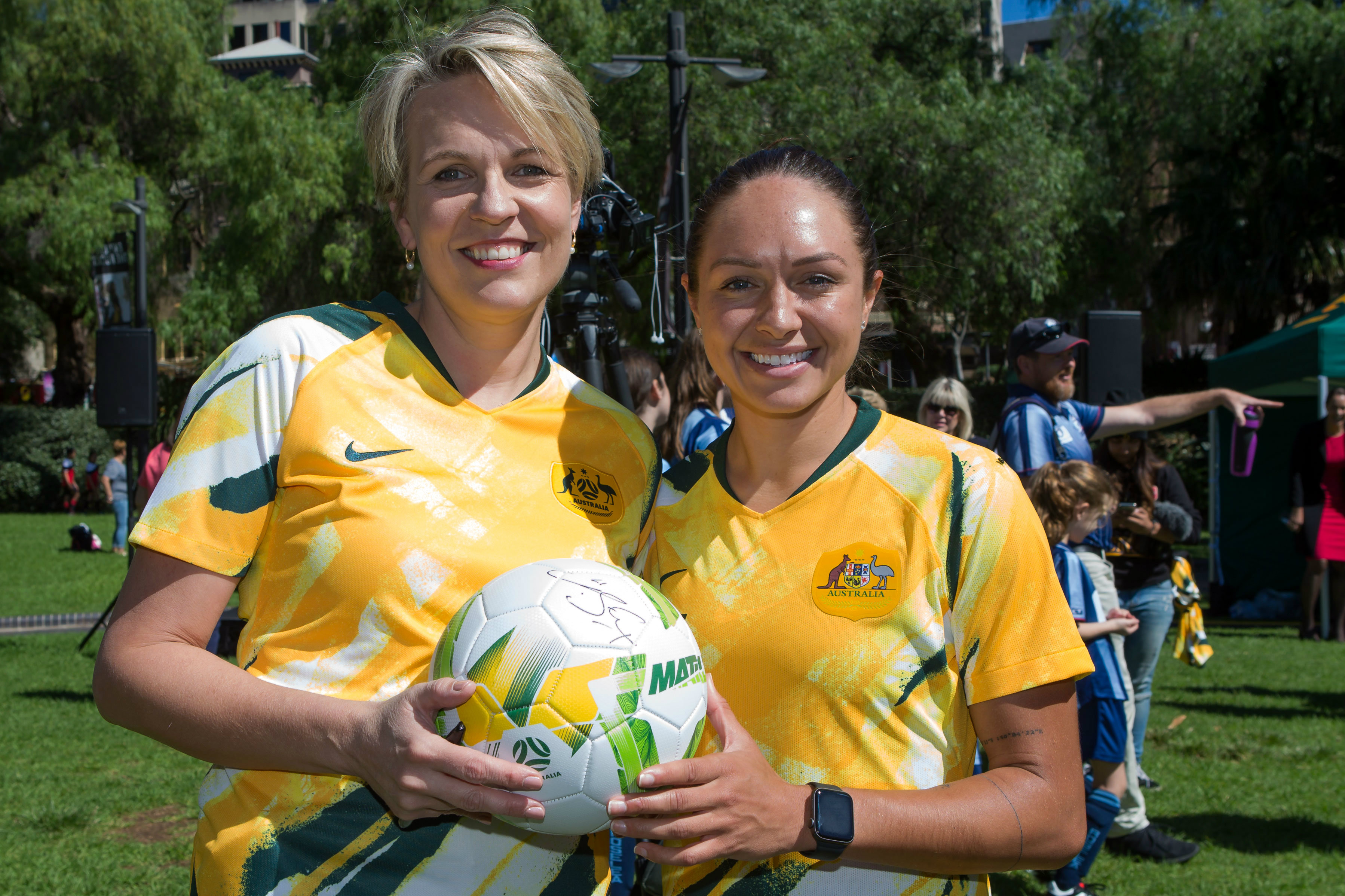Football Federation Australia (FFA) has taken an important step towards achieving gender parity in Australian football following the announcement of its Gender Equality Action Plan 2019.
The ten-year plan focuses on five key areas including leadership, participation and facilities, the gender pay gap, the Westfield Matildas, and future Westfield Matildas (youth development pathways).
Central to the plan is the realisation of 50/50 grassroots participation for males and females, and a set of underpinning initiatives that will help the game to make its Gender Equality advancements.
These initiatives include dedicated funding for women’s and girls’ football facilities, club education programs to change perceptions and tackle cultural issues within clubs, the appointment of more development officers to implement and support the rollout of new programs for women and girls, increased alignment with Member Federations and Hyundai A-League and Westfield W-League clubs regarding key programs and initiatives, and enhanced marketing and promotion of women’s football across the board.

“The time for action to achieve equality for female players and long-term health benefits for the whole nation is right now,” Gallop said.
“We believe football is a sport for everyone and that our game truly reflect the diversity of Australia and brings communities together. Yet it is widely recognised that women and men, girls and boys, are not currently treated as equals at all levels of football.
“We know that there is more work to be done, and that this work must be accelerated if we are to create a truly equal playing field.
“It is well overdue for young Australians to look around them and see girls and boys having equal access to local sports fields, equal opportunities to play at a local, state and national level, and to see their favourite football stars being paid fairly and equally,” he said.
The Deputy Leader of the Opposition and Shadow Minister for Women, the Honourable Tanya Plibersek MP, congratulated the FFA for their initiative.
“Every Matilda starts their sporting career at a local club. We need to ensure that every girl from their first kick onwards has the opportunity to be their best and to enjoy themselves in a positive, safe and supportive environment. The FFA’s Gender Equality Action Plan is comprehensive from the need for appropriate local facilities to women in leadership and administrative positions,” Plibersek said.
The plan also acknowledges the importance of hosting the FIFA Women’s World Cup in Australia in 2023 in reaching the goals of the action plan.
Research conducted on behalf of FFA projected that hosting the FIFA Women’s World Cup in 2023 would lead to approximately 270,000 Australian women and girls playing structured football who would otherwise not register to play. Currently, 139,000 women and girls are playing in structured football (affiliated to FFA), which makes up 21% of all participants nationwide.
To access FFA’s Gender Equality Action Plan 2019, please click here.







